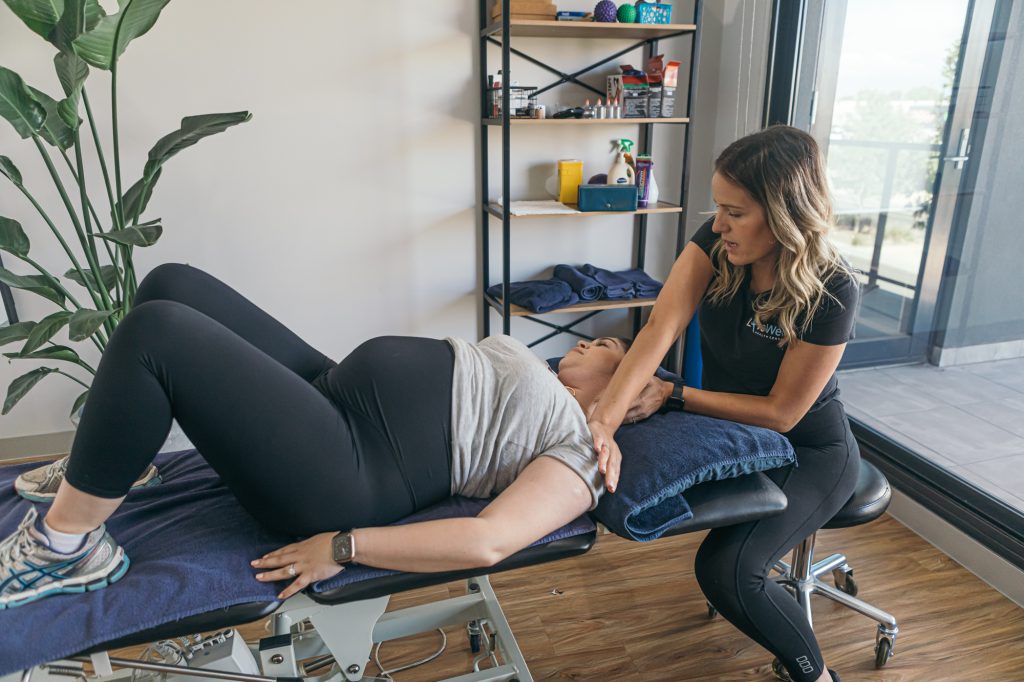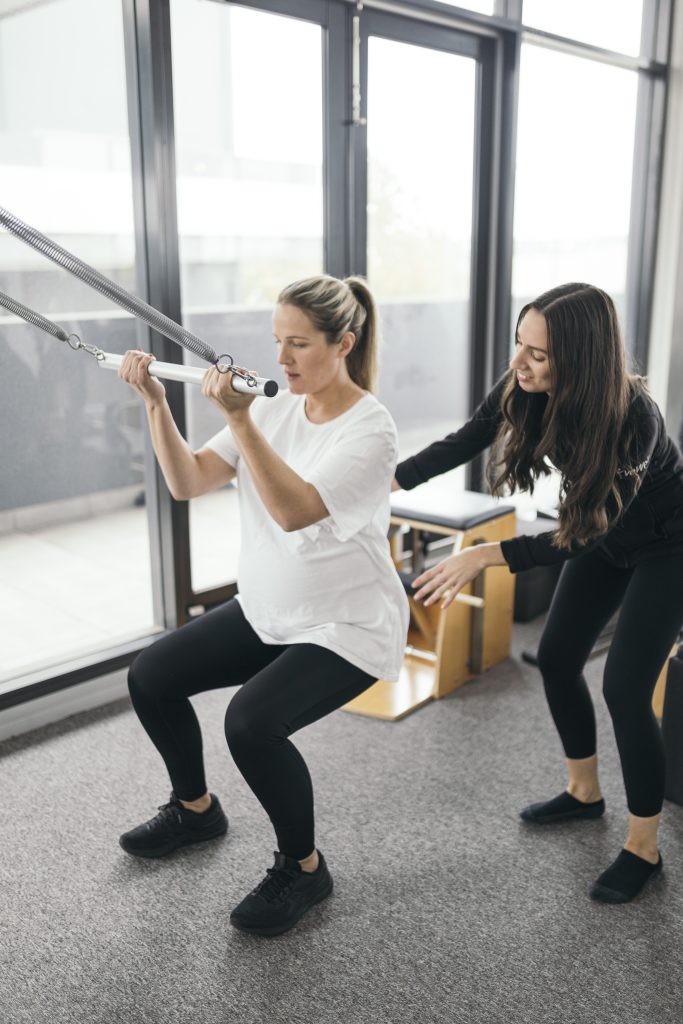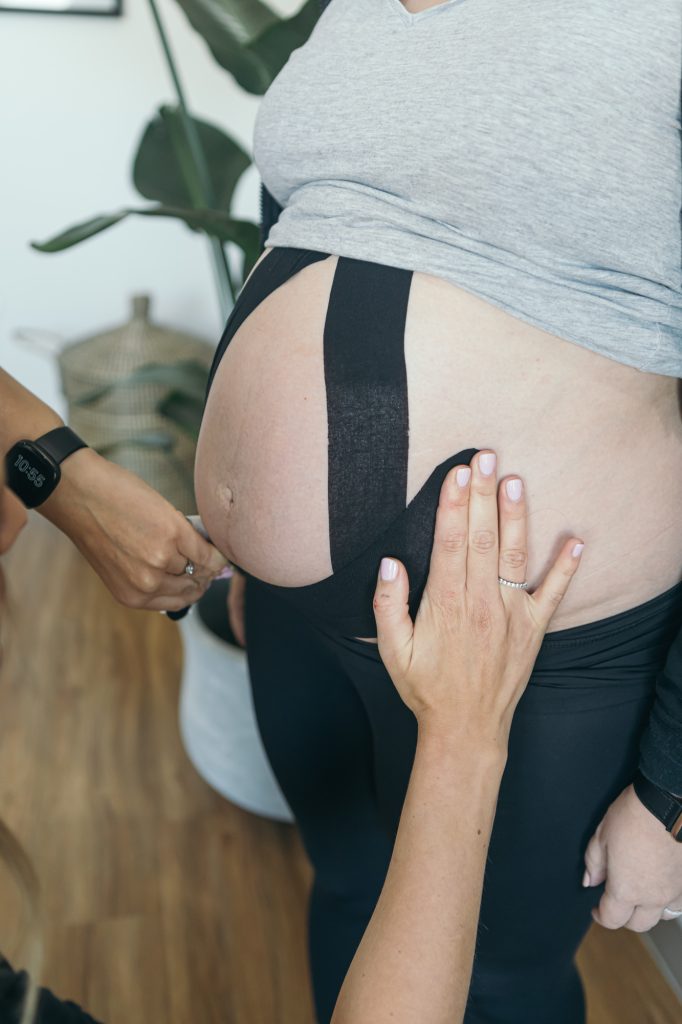At Live Well Health Centre, most of our Osteopaths have a particular interest in women’s health, especially throughout pregnancy. But is it actually safe?
During pregnancy a woman’s body goes through many changes. As the baby grows, the mother’s belly will extend out and this changes her centre of gravity. Therefore this leads to many postural changes, especially through the pelvis, hips and lower back. The relaxin hormone is released during the 10th-12th week of pregnancy in preparation for birth. (1) This increases the risk of joint sprains as relaxin promotes ligament laxity.This means there is an increase in the amount of stretch in ligaments.
Osteopathy aims to assist the body to adjust to the physical demands of pregnancy and may improve the outcomes of pregnancy, labour and delivery. (2)

Other injuries or issues Osteopathy may help with during pregnancy include:
- Carpal tunnel syndrome
- Sciatic type symptoms
- Upper and lower back pain
- Neck tension and headaches
- Rib issues
- Pelvic pain and instability (3)
Studies:
Clinical case studies involving osteopathic treatment in pregnant patients have shown:
- Reduced back and pelvic pain
- Shorter labour (1, 2)
- Reduced postpartum pain (4)
Should I exercise while I’m pregnant?
Your Osteopath can guide you on exercises which are safe to perform while you are pregnant. During early stages of pregnancy you can continue exercises that you were doing prenatally. Exercise during pregnancy has been shown to:
- Improve cardiorespiratory fitness
- Prevent urinary incontinence and lower back back
- Reduce stress and symptoms of depression
- Aid in gestational diabetes due to weight control (5)

Cautions when exercising:
When exercising it is important to monitor your temperature by not getting too hot and wear breathable clothing. Additionally, it is vital to avoid exercises on your stomach and heavy abdominal exercises. Although exercise has its benefits but it is important to monitor yourself and contact your GP if you experience any adverse effects such as:
- Vaginal bleeding
- Chest pain
- Trouble breathing before exertion
- Muscle weakness
- Dizziness and headaches
- Calf pain or swelling
- Onset of labour
- Decreased foetal movement
Each individual patient and pregnancy is different and it is important to speak to your GP or Osteopath about how Osteopathy may help you during your pregnancy.
References:
1. Lavelle J. Osteopathic Manipulative Treatment in Pregnant Women. The Journal of the American Osteopathic Association. 2012;112(6):343.
2. Osteopathic Manipulative Medicine in Pregnancy: Physiologic and Clinical Effects [Internet]. Clinicalkey.com.au. 2020 [cited 4 September 2020]. Available from: https://www.clinicalkey.com.au/#!/content/clinical_trial/24-s2.0-NCT00426244
3. Hall H, Cramer H, Sundberg T, Ward L, Adams J, Moore C et al. The effectiveness of complementary manual therapies for pregnancy-related back and pelvic pain. Medicine. 2016;95(38):e4723.
4. 8. Hastings V, McCallister A, Curtis S, Valant R, Yao S. Efficacy of Osteopathic Manipulative Treatment for Management of Postpartum Pain. The Journal of the American Osteopathic Association. 2016;116(8):502.
5. Nascimento S, Surita F, Cecatti J. Physical exercise during pregnancy. Current Opinion in Obstetrics and Gynecology. 2012;24(6):387-394.


